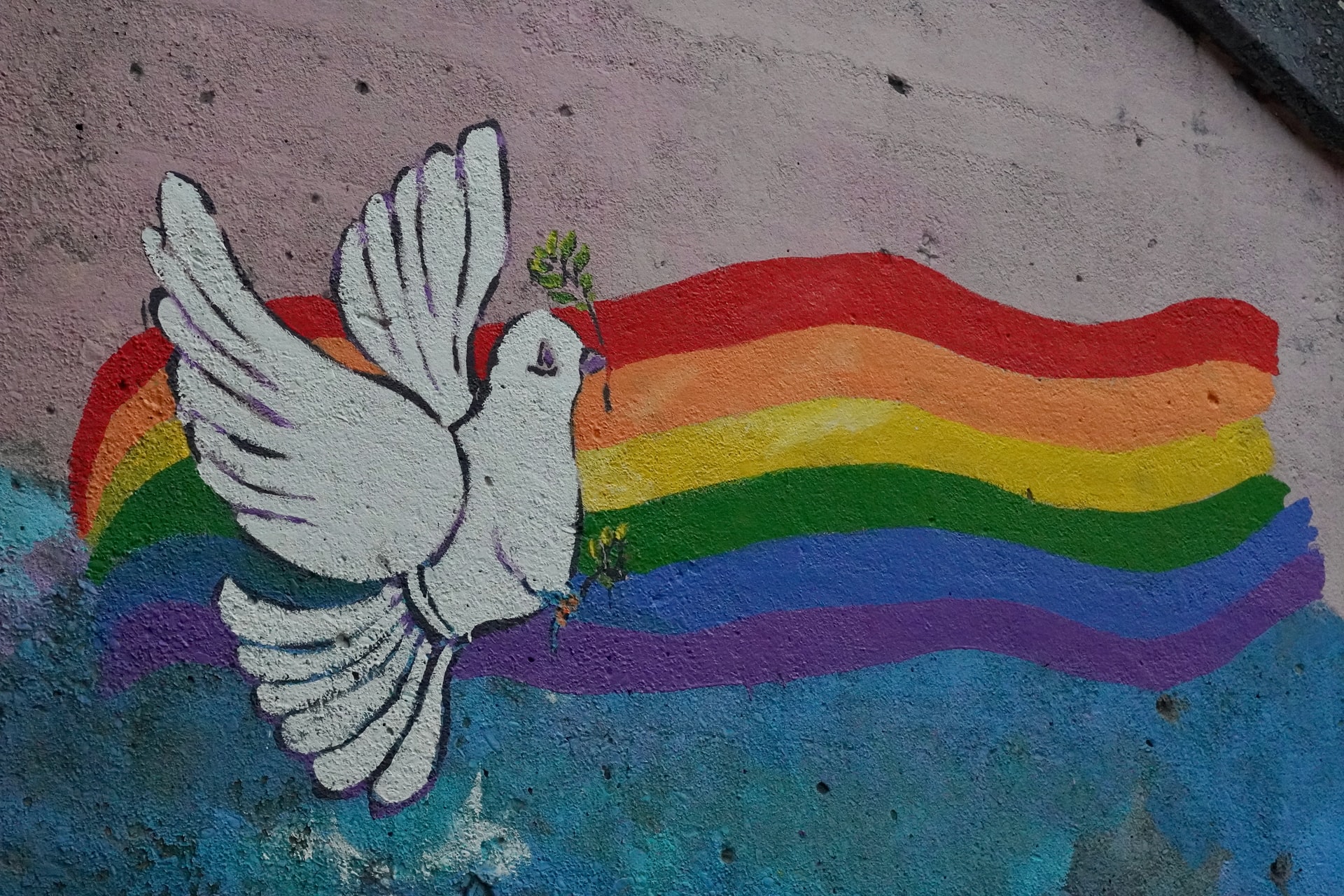It has been over 50 years since homosexuality was decriminalized in Canada. Although many decades have passed since its criminalization, the reality is that members of the LGBTQIA continue to face discrimination and challenges today. Canadian law is constantly developing to reflect the values of Canadian society as it evolves through time. Consequently, new laws may need to be passed in order to ensure equality for all.
In line with this continued evolution, earlier this year a federal bill amended the Criminal Code of Canada to include four new provisions banning conversion therapy. The new criminal offences prohibit:
- Causing another person to undergo conversion therapy;
- Taking a minor outside of Canada for the purposes of undergoing conversion therapy;
- Profiting from the provision of conversation therapy; and
- The promotion or advertisement of conversion therapy.
The Canadian government became the first Commonwealth country to pass a nationwide conversion therapy ban. Other countries with similar legislation are Germany, Malta and Albania. France voted in December to do the same.
This article discusses what conversion therapy is and details how it impacts its victims to help the reader understand why this new legal development is important for ensuring the safety of the LGBTQIA community in Canada.
This was third attempt at conversion therapy legislation
Over the last few years, the federal government has tabled a few iterations of this bill. Previous versions had some blind spots, such as leaving the door open for consenting adults to seek out conversion practices. Compared to past efforts, Minister for Women and Gender Equality and Youth Marci Len says this iteration was “community-led,” through consultations with survivors. The new crimes are punishable by imprisonment of up to five years.
What is conversion therapy?
Conversion therapy is any form of treatment or psychotherapy used to try and change someone’s sexual orientation or gender identity. It’s not a legitimate form of treatment, but rather a harmful practice that can lead to mental health issues, self-harm and even suicide.
Conversion therapy has been widely discredited as pseudoscience by medical bodies in Canada and around the world. Research suggests it can cause serious harm by reinforcing internalized shame and self-hatred related to one’s sexuality or gender identity.
This practice has been condemned by several international human rights bodies as a violation of the United Nations Convention on the Rights of the Child, which protects all children from all forms of violence and abuse – including conversion therapy. The United Nations Committee Against Torture also denounced conversion therapy as a form of torture and “cruel, inhuman or degrading treatment or punishment,” noting that these acts may cause permanent damage to an individual’s physical and mental health.
The negative impacts of conversion therapy are numerous
In 2021, the SOGIECE/CT Survivor Support Project conducted a study of conversion therapy victims. The resulting report found that 57 percent of respondents had suffered suicidal ideation as a result of conversion therapies. Other common impacts experienced by study participants included shame (83 percent), anxiety (78 percent), depression (74 percent), isolation (66 percent), and self-loathing (63 percent). It is also notable that there is a disproportionate representation of victims who are lower-income, Indigenous and marginalized.
Canadian and international health organizations called for end of conversion therapy
The Canadian Psychiatric Association says there is no evidence that conversion therapy can change someone’s sexual orientation or gender identity. It also says it causes “psychological damage” and risks causing “suicide ideation/behaviour and emotional distress.” The Canadian Medical Association has called for a ban on all forms of conversion therapy in Canada after a review of the association’s ethics guidelines found that the practice is ineffective and potentially harmful.
The World Health Organization has been extremely clear on its stance against conversion therapy: it’s not a legitimate form of treatment, and it’s harmful and can cause long-term mental health issues. The organization has stated that “the practice of conversion therapy is unethical, potentially dangerous, and inhumane.” It also warns that these practices may lead to increased suicide rates among the LGBTQ community.
Criticisms of the new provisions
Of course, the new ban on conversion therapy is not without some criticism. For some survivors, they take issue with the use of the term “therapy” which is now codified in the law. Considering the negative impacts felt by the majority of victims, there is a desire to have the terminology updated and distanced from the health context.
In that vein, certain provinces, including Ontario, address conversion practices only through healthcare and with respect to protecting minors. But the reality is that conversion practices can be experienced by all ages and are not limited to healthcare.
Developing adequate policy in this area is not only the role of the federal government through the criminal law, but the provinces and municipalities have to take action as well. Currently, Ontario, Nova Scotia, Prince Edward Island, Yukon and Quebec all have legislation to address conversion practices in their jurisdiction. The Government of Manitoba has expressed its expectation that healthcare professionals do not practice conversion therapy in the province. Municipalities that have banned conversion practices outright are Vancouver, Calgary, Edmonton, St. Albert, Strathcona County, Lethbridge, Wood Buffalo, Spruce Grove, Regina and Kingston.
Contact the Criminal Defence Lawyers at Hicks Adams in Toronto for Advice on Developing Criminal Law
Hicks Adams has over 65 years of combined experience skillfully defending clients in criminal law matters. Our seasoned team handles a range of criminal charges, including criminal harassment, fraud, assault and extradition.
We are conveniently located in downtown Toronto and represent clients at all levels of court throughout Ontario. For a free criminal defence consultation on your matter, reach out online or call 416-975-1700 (toll-free at 1-877-975-1700).


